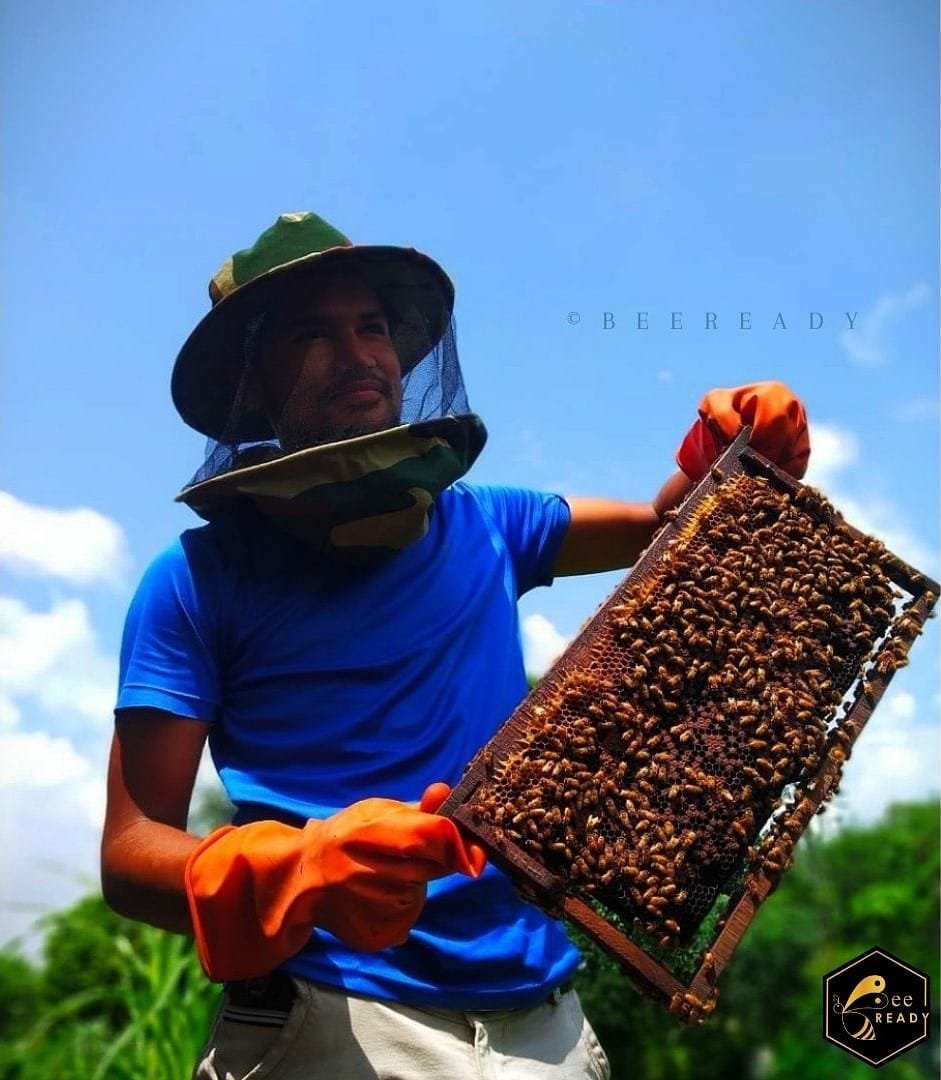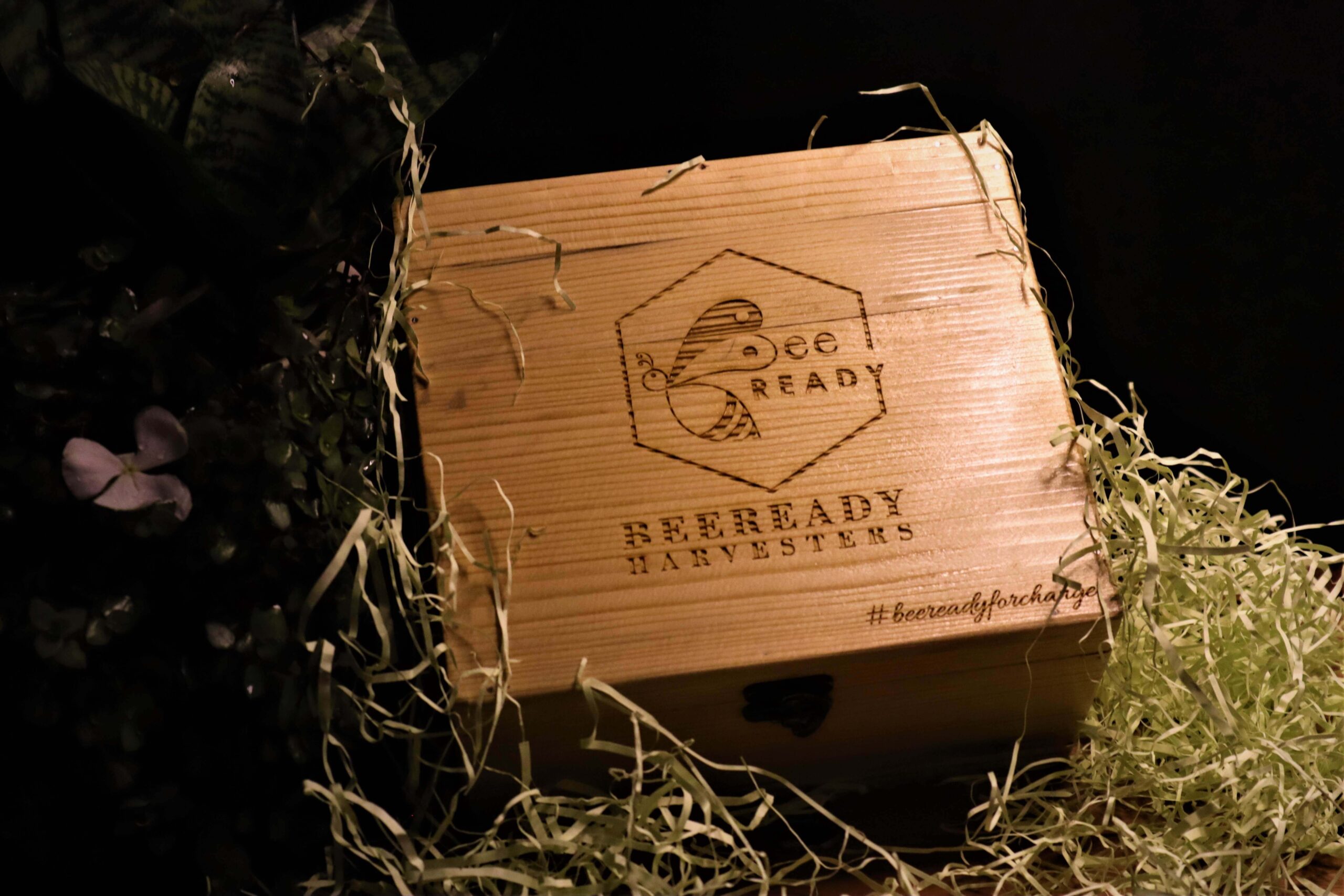Apiculture Consulting
What services we provide??
Our consultation services can be helpful to the beekeeper and to the people who are planning to establish or expand their own bussiness in beekeeping.We can help
them by giving them knowledge about beekeeping and by providing management and marketing skills.
Hive Management
In beekeeping, hive management refers to intervention techniques that a beekeeper may use to ensure hive survival and maximise hive production. Depending on the goals, hive management techniques vary greatly.
The following are the four additional mandatory hive management requirements:
- All beekeepers must keep a record of all biosecurity-related management practises.
- All bees must be kept in approved hives that are bee proof, with honeybee access only permitted through specially designed entrances; swarm catch boxes must only contain foundation, and if not located at the apiarist’s residence, must also be branded with their name and phone number.
- All beekeepers must provide water suitable for bees within 200 metres of any hive.
- Beekeepers with 50 or more hives must successfully complete a Chief Inspector-approved course in honeybee pest and disease management.
Disease Management
Diseases can affect honey bees, and the true cause of any abnormality or disease present in honey bee broods must be determined before taking any control measures. It is best to contact the researchers/scientists/beekeeping experts at the nearest honey bee research centre, university, or
government agency.
The following general advice for managing common honey bee diseases is provided:
- Choose a good location for the apiary, preferably in an open, dry area with some shade.
- Practice general colony hygiene in the apiary, including frequent bottom board cleaning.
- Only breed disease-resistant honey bee colonies.
- Maintain colonies with healthy, prolific queens.
- Enclose the queen in a queen cage for at least 15 days to cause broodlessness in the colony.
- Inspect colonies on a regular basis for any abnormalities or changes in bee behaviour.
- Isolate any diseased colonies from healthy colonies. Separate diseased and healthy colonies.
- Maintain colony strength by only adding sealed brood comb or worker population from healthy colonies, as well as by providing.
Beekeeping Entrepreneurship
Beekeeping (Apiculture) is an economically viable technology of agricultural diversification. It has prime significance for human health care and nutrition. Beekeeping needs less space with low investment but fetches quick return and generates employment opportunity.It can be done in homestead areas. Farmers can utilize their-leisure time to earn money from this enterprise. However,
adequate knowledge and skills are required for pursuing beekeeping as an enterprise.
Beekeeping is the management of colonies of bees to produce honey and hive products. The honey bees create an elaborate nest called hive from which honey is extracted.
Beekeeping is the management of colonies of bees to produce honey and hive products. The honey bees create an elaborate nest called hive from which honey is extracted.
Packaging
Depending on the intended market, honey may be bottled directly into small containers for retail sale or into large drums for storage or export. In an effort to appeal to a wide range of consumers, honey is packaged in containers of many different sizes and styles. These include glass jars, plastic tubs and squeezable jugs.
Hive Management
In beekeeping, hive management refers to intervention techniques that a beekeeper may use to ensure hive survival and maximise hive production. Depending on the goals, hive management techniques vary greatly.
The following are the four additional mandatory hive management requirements:
- All beekeepers must keep a record of all biosecurity-related management practises.
- All bees must be kept in approved hives that are bee proof, with honeybee access only permitted through specially designed entrances; swarm catch boxes must only
contain foundation, and if not located at the apiarist’s residence, must also be branded with their name and phone number. - All beekeepers must provide water suitable for bees within 200 metres of any hive.
- Beekeepers with 50 or more hives must successfully complete a Chief Inspector-approved course in honeybee pest and disease management.


Disease Management
Diseases can affect honey bees, and the true cause of any abnormality or disease present in honey bee broods must be determined before taking any control measures. It is best to contact the researchers/scientists/beekeeping experts at the nearest honey bee research centre, university, or
government agency.
The following general advice for managing common honey bee diseases is provided:
- Choose a good location for the apiary, preferably in an open, dry area with some shade.
- Practice general colony hygiene in the apiary, including frequent bottom board cleaning.
- Only breed disease-resistant honey bee colonies.
- Maintain colonies with healthy, prolific queens.
- Enclose the queen in a queen cage for at least 15 days to cause broodlessness in the colony.
- Inspect colonies on a regular basis for any abnormalities or changes in bee behaviour.
- Isolate any diseased colonies from healthy colonies. Separate diseased and healthy colonies.
- Maintain colony strength by only adding sealed brood comb or worker population from healthy colonies, as well as by providing.
Beekeeping Entrepreneurship
Beekeeping (Apiculture) is an economically viable technology of agricultural diversification. It has prime significance for human health care and nutrition. Beekeeping needs less space with low investment but fetches quick return and generates employment opportunity.It can be done in homestead areas. Farmers can utilize their-leisure time to earn money from this enterprise. However,
adequate knowledge and skills are required for pursuing beekeeping as an enterprise.
Beekeeping is the management of colonies of bees to produce honey and hive products. The honey bees create an elaborate nest called hive from which honey is extracted.
Beekeeping is the management of colonies of bees to produce honey and hive products. The honey bees create an elaborate nest called hive from which honey is extracted.


Packaging
Depending on the intended market, honey may be bottled directly into small containers for retail sale or into large drums for storage or export. In an effort to appeal to a wide range of consumers, honey is packaged in containers of many different sizes and styles. These include glass jars, plastic tubs and squeezable jugs.





